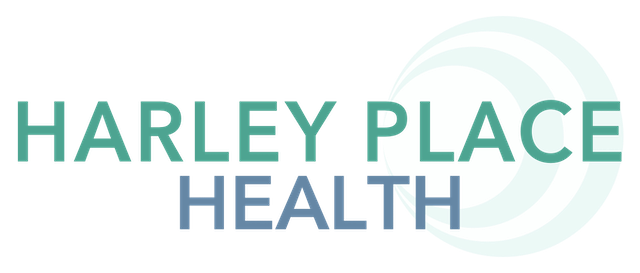We’ve recently been seeing a lot of people who caught Covid in December/January. Even a couple of our practitioners caught it. Obviously the numbers in NSW were huge at that time, and more people were travelling, so it’s not surprising at all.
Most people, thankfully, had very mild symptoms that only lasted a few days, and did not result in any ongoing issues. But some people have continued to feel the effects weeks to months later.
We thought it might be useful to talk about the kind of things we’re seeing in our patients who had Covid, and the kind of home exercise advice we’ve been giving as well, in case you or anyone you know might find it helpful.
Probably the number one symptom people have reported to us is Fatigue. When we’re fatigued, our posture slumps, causing upper back and neck tension and compression/tightness in the lower back and hips.
Fatigue also leads to less movement generally, and less exercise as well. So anyone who was sleeping more, laying around more, and moving less, will lose flexibility. And anyone who stops their normal exercise for an extended period of time will lose a little strength.
So it’s important you return to exercise gradually. We saw this last year when the gyms/yoga/pilates studios were closed. People went back in after a period of not exercising and tried to do too much too fast, and ended up getting hurt.
Apart from returning gradually, you want to work on your mobility and core activation. If you don’t have good mobility and you’re trying to do a compound exercise like a squat, you can put a lot of pressure on your lower back and pelvis. And if your core has not yet reactivated, your lower back is really at risk.
Another commonly reported symptom is Muscle Soreness. This is linked to the lack of movement from being fatigued. Moving less, reduced circulation, less blood flow to the muscles, leading to a shortening and tightening of the muscles that is really palpable.
Apart from returning to things like core abdominal exercises or strength, you need to return to the long slow cardio activities like swimming, walking and running gradually too. As you start to increase the amount of cardio you do and your endurance returns, your posture will also improve (as fatigue can lead to slumping) and your general inflammatory levels will decrease.
It’s worth considering supplements like Magnesium (for muscle tightness), Fish Oil (for inflammation), and Vitamin D to assist in your recovery.
Joint Stiffness is another thing we are seeing a lot of. It follows on from what we’ve already discussed, and it’s pretty easy to address. Take more micro-breaks in your work day, Lay on your foam roller or spiky ball. Stretch more. Book a Massage or check in with your Osteopath.
If you have any questions or need any advice, don’t hesitate to give us a call or send us an email harleyplacehealth@gmail.com






